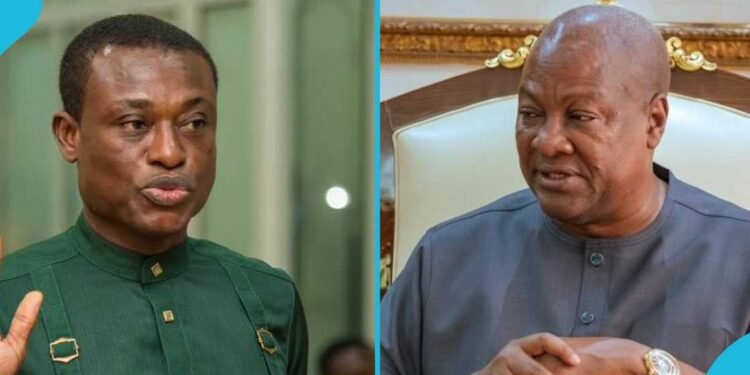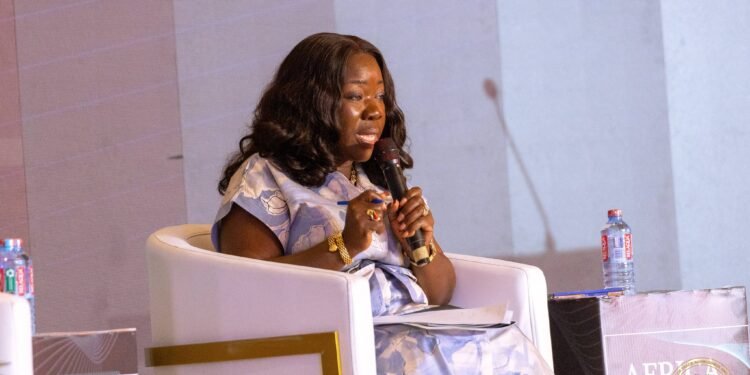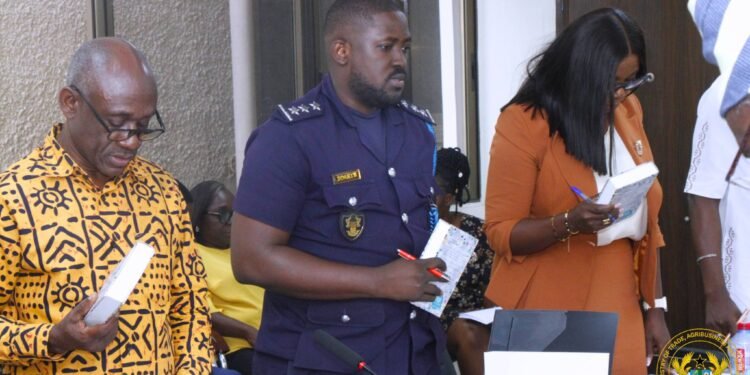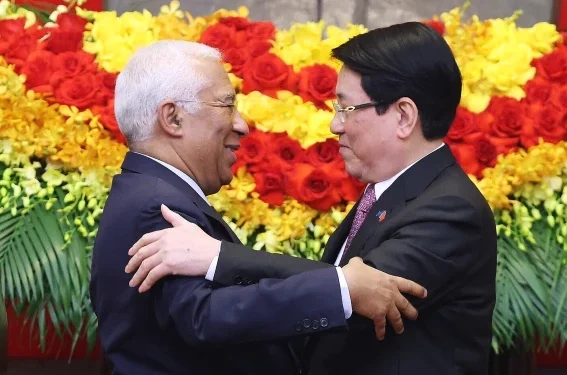Ghana’s music industry has long been celebrated for its rich cultural heritage, vibrant rhythms, and diverse genres.
From highlife and hiplife to afrobeats and gospel, Ghanaian artists have made significant contributions to the global music scene.
However, as the industry continues to evolve, stakeholders are increasingly agreeing that it must adopt a more serious and accountable approach to development.
Ghanaian rapper, M.anifest, has shared insights into the challenges facing the country’s music industry and what it takes to attract investment in artistic talent.
The award-winning artist highlighted the gap between Ghana’s music industry and other creative sectors.
“Globally, people are doing amazing things. Even the visual arts sector in Ghana is reaching incredible heights in terms of business, but the music industry continues to lag.”
M.anifest
Addressing the current state of the industry, he stated that Ghana’s music scene lacks both influence and impact.
“In terms of the music industry, we are behind. I’ll say it plainly and honestly. We haven’t reached any respectable level for where we should be, both as a country and in honoring the immense talent we have.”
M.anifest
Ghana’s music industry has witnessed remarkable growth over the past two decades, with artists gaining international recognition and collaborating with global stars.
Platforms like YouTube, Spotify, and Apple Music have opened up new avenues for distribution, allowing Ghanaian music to reach audiences far beyond its borders. However, despite these advancements, the industry is plagued by several persistent challenges.

While acknowledging the infrastructure challenges, M.anifest emphasized that creatives also have a role to play in shaping the industry.
“Obviously, infrastructure is a huge issue, but I also believe creatives need to take responsibility and be more serious-minded. The industry should be tangible. We haven’t built a lucrative structure that makes the business profitable while also benefiting consumers.”
M.anifest
The absence of robust infrastructure, including recording studios, distribution channels, and marketing agencies, hampers the growth of many artists.
While some established artists have access to these resources, emerging talents often struggle to find the support they need to thrive.
The rapper also stressed that raw talent alone is not enough to succeed in the music business. “They’ll support you because you’re talented and have the potential to make money,” he said.
Despite the growth potential, Ghana’s music industry struggles to attract significant investment. Many artists rely on personal funds or small-scale sponsorships, which limits their ability to produce high-quality music and engage in extensive marketing campaigns.
A pervasive culture of complacency exists within the industry, where many artists and stakeholders often make excuses for underperformance. This mindset stifles innovation and hinders the overall growth of the industry.
Calls for Seriousness, Accountability in Ghana’s Music Industry

In light of these challenges, industry experts, artists, and stakeholders are urging a shift toward a more serious and accountable approach to music production and promotion in Ghana.
According to M.anifest, instead of constantly complaining, creatives should focus on actively building Ghana’s music industry.
“Money doesn’t bring good ideas; good ideas bring money. We all need to be more serious. That’s the way forward. We’re always making excuses and talking about problems, but we need to treat this like a real industry.”
M.anifest
The government and relevant authorities must prioritize the enforcement of copyright laws to protect artists’ intellectual property. This includes educating artists about their rights and providing resources for legal support.
Industry stakeholders should work together to create a unified network that fosters collaboration and sharing of resources. This could involve forming associations or coalitions that advocate for the interests of artists, producers, and other industry players.
Ghana’s music industry must actively seek to attract local and international investment. This is achieved through partnerships with brands, sponsorships, and the creation of platforms that showcase the potential of Ghanaian music to investors.
Artists and industry professionals must adopt a mindset of accountability, where they take responsibility for their craft and the impact of their work. This includes setting high standards for music production, marketing strategies, and audience engagement.
Ghana’s music industry stands at a crossroads with immense potential to thrive on both local and global stages. However, this potential is only realized through a collective commitment to seriousness, professionalism, and accountability.
As stakeholders come together to champion these changes, Ghana’s music industry continues to resonate far and wide, enriching the global music landscape while celebrating its unique cultural identity.
READ ALSO: COP Christian Tetteh Yohunu Replaces Dampare as IGP























